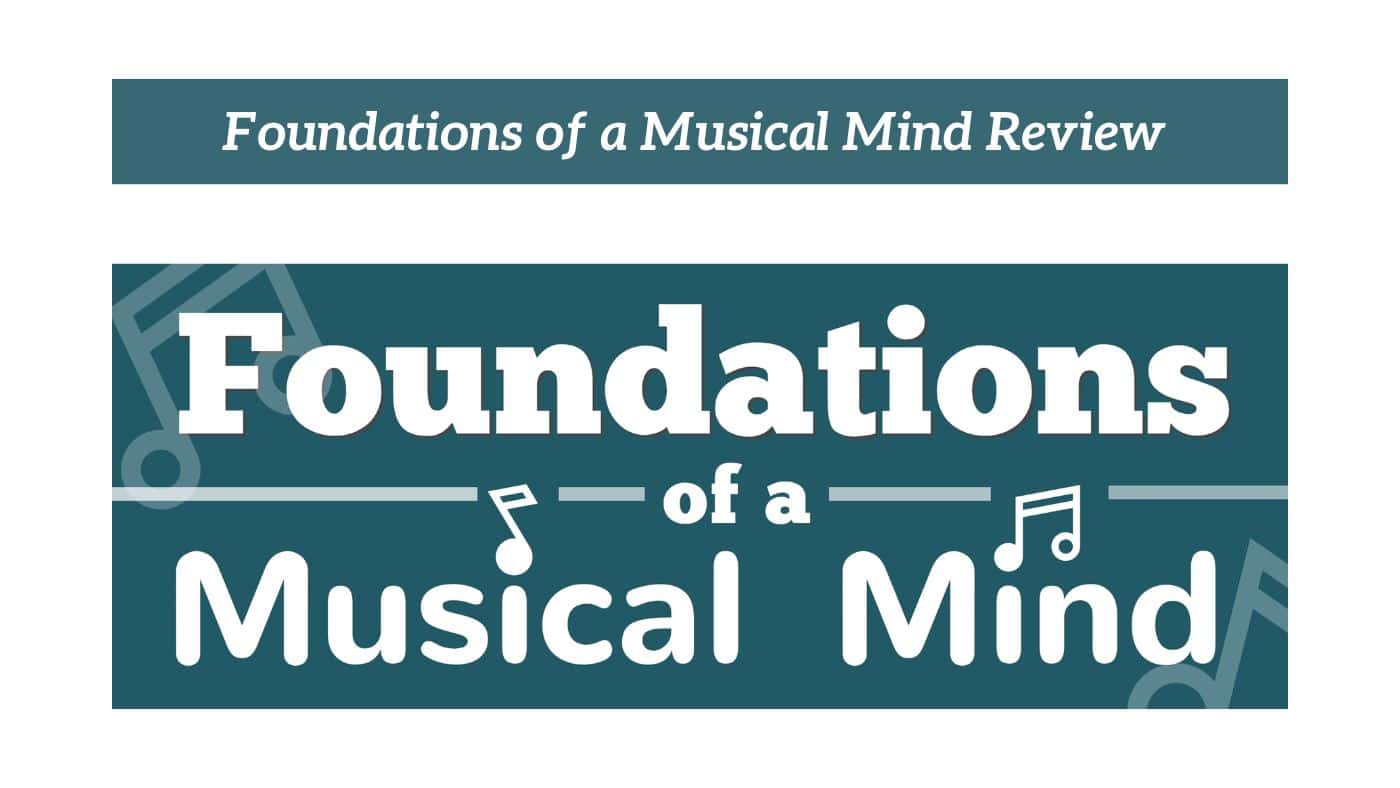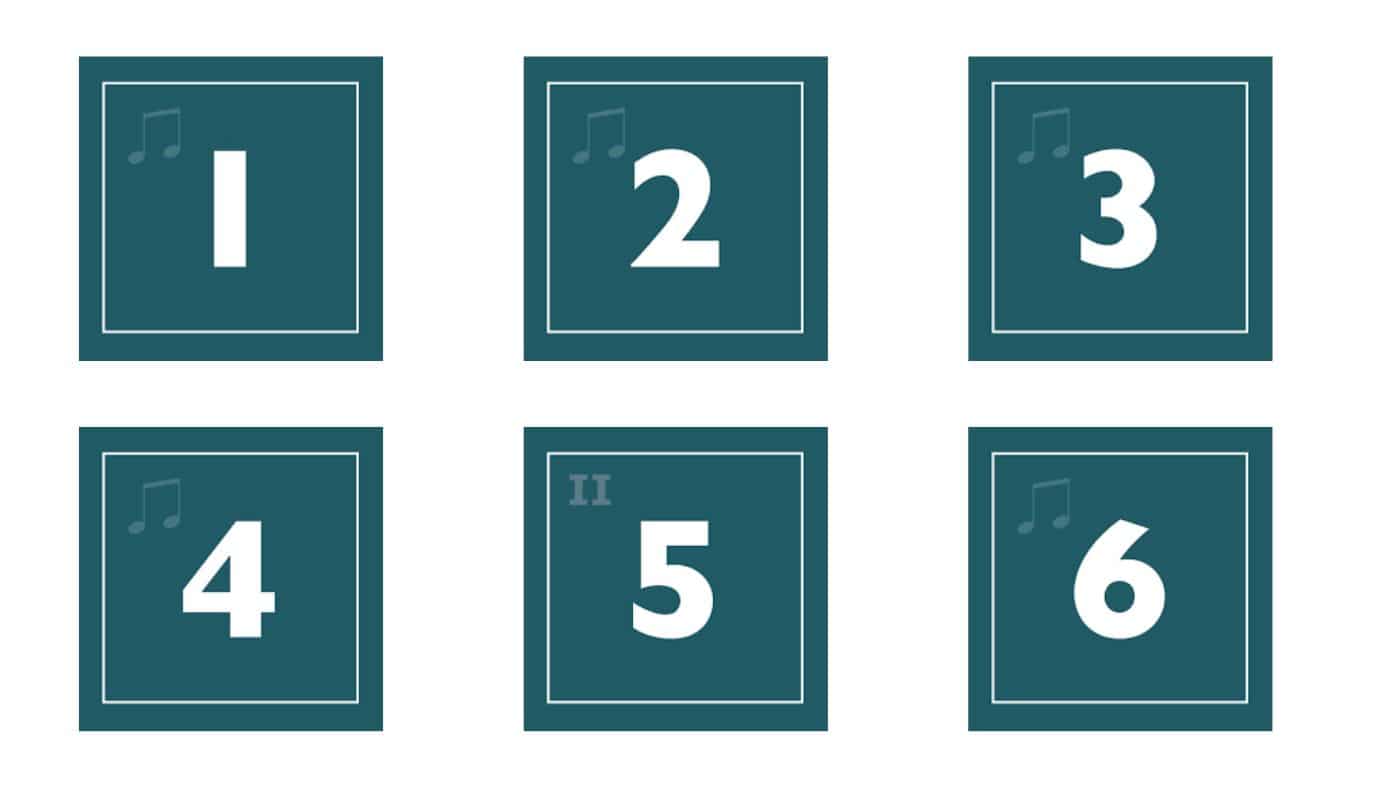
Foundations of a Musical Mind is part of the Easy Ear Training Ltd. / Musical U company founded by Christopher Sutton.
The course is based on the teaching methods of Zoltan Kodály, who recognized that children learn the best in their mother tongue when the material is presented logically and sequentially. Learning should be fun and not be seen as a tortured exercise.
Before You Start
Foundations of a Musical Mind is an introductory course offering the following benefits:
- Course materials are provided online and available in perpetuity.
- Modules are broken into small bite-size chunks, which help you to master the concept on hand and to monitor your progress.
- The course is designed, so you only need to spend 15 minutes daily—you can fit it around your schedule.
- Using Kodály’s methods, all the material—musical concepts and skills—are taught through songs. The course material is based on actual musical examples to allow you to practically apply the skills you’ve learned, leading to a deep understanding of how the music in the examples works.
- They approach music as a multi-sensory experience: the notes you see on the page are related to the notes you hear. This helps to understand the pitches you indicate with your hands, which finally connects to the music you express through your voice. The same idea, music, and musicality are approached from various angles to provide you with a solid musical foundation. In turn, this helps you to internalize the mental models you are taught and helps you build your understanding of music.
What Does the Course Cover?
During the six weeks of the course, you’ll go on a journey to discover all things musical:
- The tonic solfa, or solfége, model so you can name the notes you’re hearing
- How to sight-sing a piece of sheet music or hear it ‘internally’ in your mind’s ear when you are presented with a written piece.
- You’ll systematically learn how to internalize musical note pitches by using your hands
- Through the ‘rhythm syllable’ (tá-té, etc.) method, you’ll learn how to distinguish rhythmic patterns and how to write them down and vice versa
- Explore and understand the relationship between pulse and rhythm and how to keep them connected in your music
- You are improvising your own songs based on a song you’ve heard.
Foundations of a Musical Mind Review
Possible Problems
We must look at the system’s downsides to give a fair course overview. The following items stood out for us:
1. The course is also offered over six weeks, based on Kodály’s teaching methods. Foundations of a Musical Mind course is much more expensive, costing $199. It feels more like an online crash course based on Kodály’s methods than a proper training course. But, it is a foundational course and does not offer a more in-depth approach (see the next point).
There are no musical theory exercises to put all your practical knowledge within the overarching structure of music—you’ll learn concepts by rote but not apply them in a written context.
2. An extension package (Part II) offers another six weeks of further training, including the full major scale, minor keys, additional/more advanced harmony, and rhythms. This extension will set you back a further $99 once-off (regular price $199). You can also purchase additional songs, training videos, and exercises to extend and reinforce your learning. This Extra Practice Pack is available for $27 (normally $79). When you put everything together, you end up with $325 ($477 at the regular rates).
They offer a 90-day money-back guarantee if you feel you aren’t getting any real benefit from the program.
While a money-back guarantee is somewhat comforting, many consumers feel obligated to stick it out with a program they don’t want to use the refund. In essence, you can follow the program for 12 weeks or three months if you purchase the additional Part II course. We’ll examine this further in point 3 below.
3. The training takes place in the absence of a musical instrument. Michael Kaulkin from the San Francisco Conservatory’s Pre-College Division’s Musicianship and Composition faculty states in this article musicians should not only be able to play an instrument but also develop their ‘inner-hearing’ skills. Additionally, the course is only six weeks and allows you to form a foundation—you’ll need to put in some more work with their other modules, which go into much more detail.
While we agree with this argument, the whole course is centered around the absence of an instrument.
Practical application of the material the student learned is lacking. The course clearly states that students should access a music teacher in person or online to learn their instrument. We believe there should be a structured overlap with instrument teaching as well.
4. The Musical U course is subscription-based and priced at $29.95 per month. While this isn’t expensive, it can become quite costly over a year: $359.40 for an entire year’s tuition fees. At the time of writing, we received an error message stating that the Musical U course is now closed to new members, but they recommend some of their other standalone courses.
Tying in with points 1 through 3 above can become expensive because you’ll also need to spend money on music lessons with a music teacher to reap the most benefits from the course. On the other hand, if your schedule doesn’t allow you to practice every day, you can pick up your training where you left off and continue the training.
Overall Impressions and Conclusion
The Foundations of a Musical Mind is brief enough not to become dull yet thorough enough to gain a good and solid foundation in music. We would recommend this course, especially for non-musicians or beginner musicians. Our only problem with the course is the absence of theoretical and practical applications on an instrument.
The interactive nature of the course, Q&A sessions, access to a community of peers, and learning music with you make the course more ‘friendly’ so that you don’t feel alone. Learning music should be fun; this course helps make it feel delightful and not like a tedious chore.

